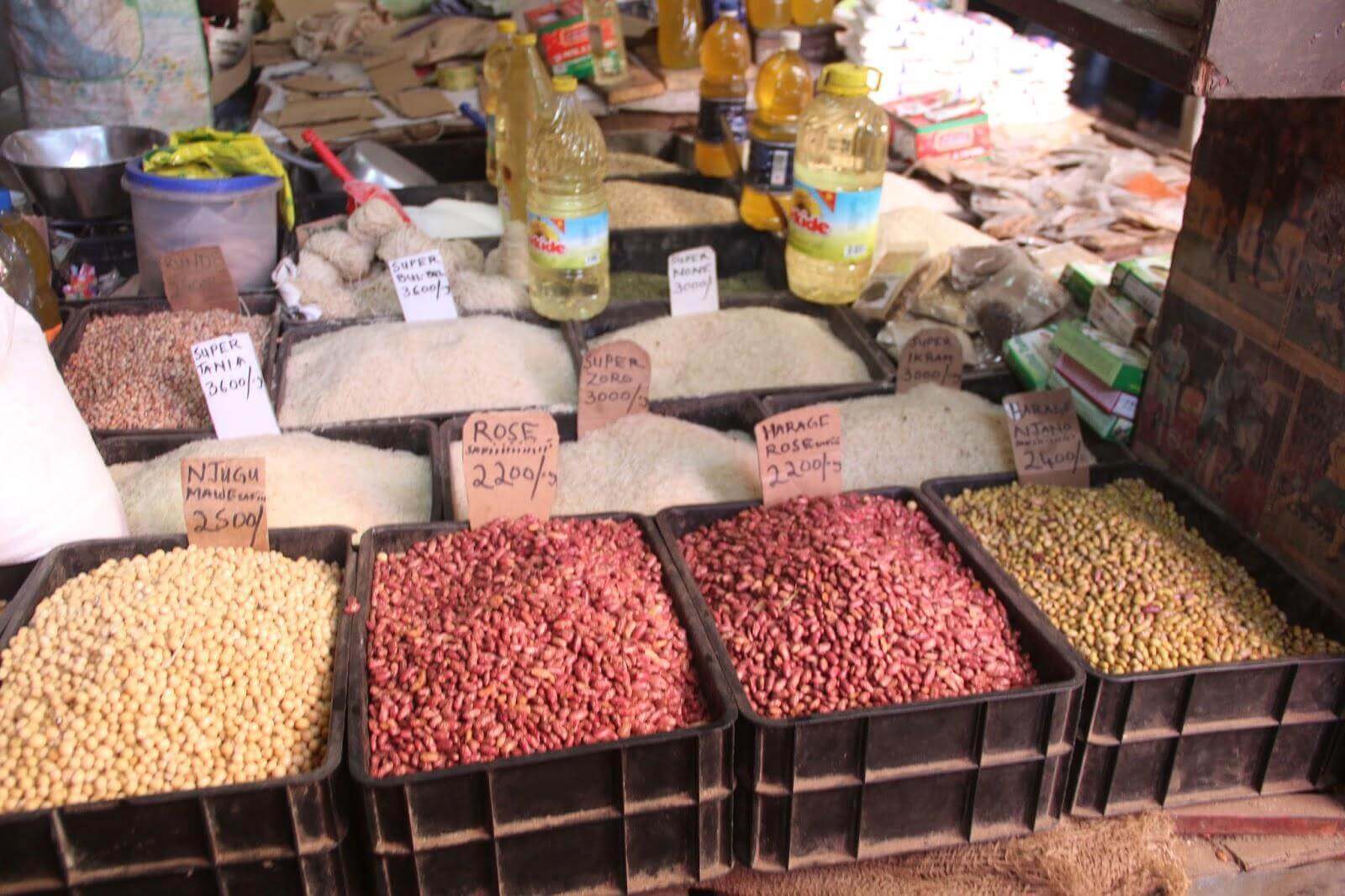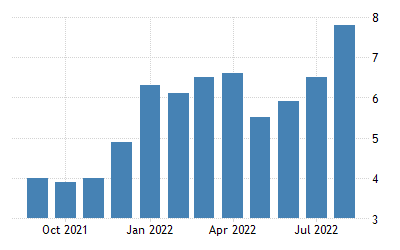Dar es Salaam residents have had no option but to dig deeper into their pockets to purchase basic foodstuffs following increased inflationary pressure in the recent months, The Business Wiz has learnt.
A survey done by The Business Wiz in Dar es Salaam this week found out that the prices of rice and other cereals sold in most local markets has reportedly risen at an average rate of 70 per cent.
It showed that in most Dar es Salaam suburbs, the average retail price for 1kg of rice has risen from 1, 500/- to 2,400/- for a super product while a kilogram of maize flour has doubled from 900/- sold five months ago to 1,800/-.

A survey carried out in most milling-selling plants shows that, the indicative price of a 25kg bag of maize flour has shot to 35,000/- from 22,000/-it sold in April 2022 due to a tightening supply of the commodity in the market.
Traders interviewed by TBW attributed the skyrocketing prices to fluctuation of fuel prices which has pushed up transportation costs for commodities from upcountry regions
Statistics recently made available by the National Bureau of Statistics (NBS) shows that, there is a slight increase of the headline inflation rate measures for all items in the fixed Consumer Price Index (CPI) basket.
The NBS statistics further indicated that, the Annual Headline Inflation Rate for the month of August 2022 slightly increased to 4.6 percent from 4.5 percent recorded in July 2022.
“The increase of headline inflation explains that, the speed of price change for commodities for the year ended August, 2022 has increased compared to the speed recorded for the year ended July, 2022. The overall index went up from 103.80 recorded in August, 2021 to 108.63 in August, 2022,” the CPI report for August noted.
The Bank of Tanzania (BoT) reports have shown that inflation is expected to edge up relatively in response to anticipated rise in prices of food and energy.
According to the Central Bank, during the quarter under review, inflation increased due to high commodity prices in the world market but remained in line with the country target of 3-5 per cent for 2021/22 and regional convergence criteria.
However, the BoT Economic Bulletin for the quarter ending June this year attributed rising prices to low food harvests locally and increased demand in neighboring countries as well as the on-going Russia-Ukraine war as the main drivers of price changes.
“The war has caused high price rates on fuel supplies. Reflecting high oil prices in the world market, inflation of energy, fuel and utilities was 12.1 per cent in the quarter ending June this year compared to 6.5 per cent in the preceding quarter and 2.5 per cent recorded in the corresponding quarter last year,” According to the BoT Monthly Bulletin.
Speaking to the Agriculture Minister Hussein Bashe in an exclusive interview, Bashe said that despite high prices on cereals in the market, the country has enough food stock hence ruling out the issue of food insecurity fallout.
He said Tanzania has enough food stock with the demand for maize currently standing at 5,462,390 tonnes per year, with a surplus of 810,760 tonnes.
“The price increase is normal since some areas in the country. The price increase in food stuffs has been pushed by high logistics on transportation of goods due to recent hike in fuel prices,” he said.
Bashe said that despite the prevailing situation, insisted that there will be no export ban on maize cereals, adding that there are laid down procedures to be followed by anyone wishing to sell crop harvests outside the country.
The Prime Minister Kassim Majaliwa recently shared the same sentiments adding that, “export of staple food crops such as maize whose price has plummeted is not prohibited. Individuals wishing to do so are required to apply for export permits from District Commissioners”.







